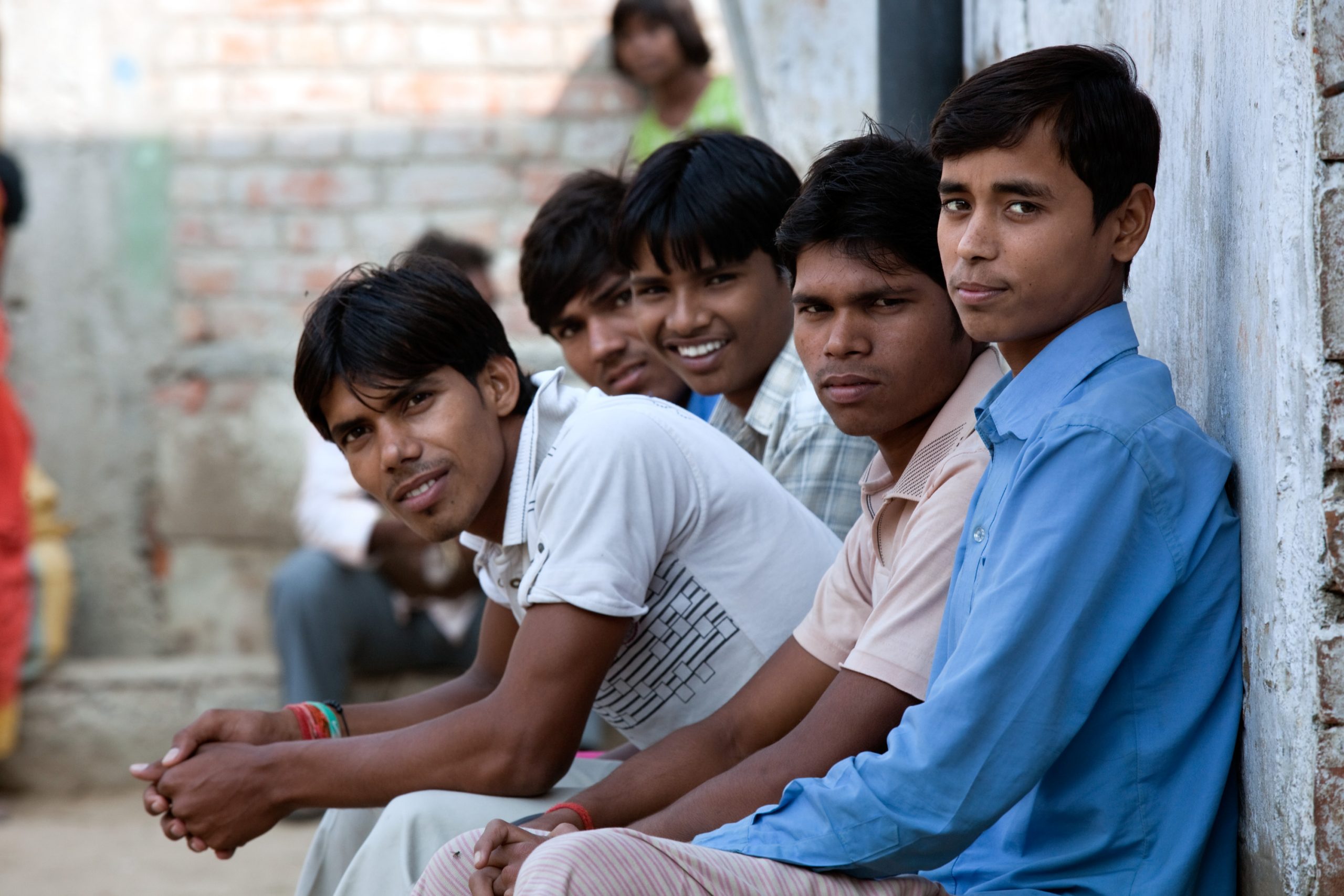Predictions can be hard, and even more so in an election year. How will the sector be impacted if India ushers in a new government this May? Will the space for civil society continue to shrink? What will be the role of data? Will 2019–five years after The Companies Act–be the year when companies start thinking strategically, and for the long term?
To piece together a clearer picture of what the year might bring, we asked leaders working across various sectors the following question:
According to you, what can the social sector expect and look out for in the coming year?
Below are the predictions of Amitabh Behar, Anish Kumar, Apoorva Oza, CV Madhukar, Dipa Nag Chowdhury, Pooja Warier Hamilton, Suparna Diwakar, and Vidya Shah, for key trends we will see shaping the Indian social sector in 2019-2020.
We are at the cusp of arguably the most critical election in the history of independent India; and the verdict will decide the future of the founding ideals of our republic.
Two interrelated trends will be the real drivers of the dramatic changes. The Sangh Parivar-led civil society will become more strident and play an increasingly important role in scripting public discourse and challenging the normative ideals of our constitution.
Progressive civil society, which is ordinarily distanced from electoral politics, will now recognise the need for a more active role in electoral politics.
On the other hand, we will see the so-far deeply fractured progressive civil society coming together in the form of very loose alliances to defend the constitutional rights and dignity of the most marginalised and excluded communities particularly Dalits, women, Adivasis, and Muslims.
Importantly, this progressive civil society, which is ordinarily distanced from electoral politics, will now recognise the need for a more active role in electoral politics. They will respond to this historic need by mobilising political forces in defence of ideals like freedom, fraternity, equality, and substantive justice for all.
– Amitabh Behar, CEO, Oxfam India
The general elections in India will amplify both the opportunities and perils of social media in important ways. Civil society will both participate in using technology, and learn from it. The election will draw civil society closer to issues pertaining to good governance.
This will also be a year where civil society will increasingly leverage data to work with the people they engage with. There are several emergent groups that are looking to help civil society benefit from the data they have, and other publicly available data.
With the data protection bill expected to come to Parliament after the elections, civil society leaders will focus on issues such as data privacy, even as they think about empowering individuals using data.
This is an opportunity for civil society to define an Indian paradigm of ensuring individuals are safe, while also being able to engage with technology in a way that benefits them.
– CV Madhukar, Investment Partner, Omidyar Network
Civil Society Organisations (CSOs) have helped shape the societal agenda for most of the last four decades; however, their voice is shrinking in shaping the narrative around the future of our society, which is increasingly being intermediated by technology and markets.
We are seeing the entry of Rural Generation Z (the post-millennials — born after 1997) into the workforce. This generation is to rural India what millennials were to urban India. They have had formal schooling but little or no employability options, their aspirations go beyond agriculture and the rural production system, they are tech-savvy, and they are frustrated.

Photo courtesy: Girls Not Brides
The future of work will be linked to future of rural and CSO engagement is limited in this space. This has led to shift of talent and capital to ‘social enterprises’. They are now emerging as the ‘new CSOs’; in my interactions with 4-5 large donors, I have found that they too are seeking to build a social enterprise portfolio.
– Anish Kumar, Co-Lead, Transform Rural India
With the problem of agrarian distress not having been resolved, agitations and movements by/for farmers will only increase. We are also likely to see more mobilisation by women, whether it is women farmers or women in the workplace.
– Apoorva Oza, CEO, Aga Khan Rural Support Programme (India)
In Raghuram Rajan’s book, The Third Pillar, communities (or the samaj in Rohini Nilekani’s portrayal of the trinity of samaaj-bazaar-sarkar), have been left relatively powerless while the state and markets expanded their powers. The recent Dalit movements and increasing number of farmer protests are only a manifestation of communities beginning to re-assert themselves.
Philanthropy should play a bigger role by supporting this third pillar, towards re-balancing the three pillars to preserve the democracy that we live in.
– Vidya Shah, CEO, EdelGive Foundation
Many of the older nonprofits have either lost their founder-leaders, or have had the next generation take over. This may lead to an increased techno-managerial approach vis-à-vis the holistic, collaborative approach we used to see earlier.
– Apoorva Oza, CEO, Aga Khan Rural Support Programme (India)
There has also been a growing movement in the social sector towards the use of metrics that look at short-term outcomes rather than transformational change. The world is in a crisis and we need to be looking at the ways in which we can create new futures for all sentient beings and the planet. The question is: are there metrics to help us measure this?
With impact investment occupying more space in the sector, the direction of work in the social sector could move towards areas that generate returns rather than those that create the future referred to above. This is a worrisome trend; the need for funding to become more ‘democratised’ such that we can build a better future, has become an imperative.
– Suparna Diwakar, Co-founder, Indian School of Development Management (ISDM)
We are seeing a steady, gradual crumbling of the crony capitalism structures that got built over the last several decades. Starting with the reforms process of the early ’90s and accelerating with the need to put in place stronger regulation and governance structures, particularly post-2008 and the NPA crisis, we are now seeing large, established business houses finding nowhere to hide their excesses of leverage.
We are seeing a steady, gradual crumbling of the crony capitalism structures.
No one, irrespective of ‘pedigree’ seems immune anymore. This coupled with the rallying cry around climate change and the environment, largely pushed by the young, will make ESG more than a passing fad.
– Vidya Shah, CEO, EdelGive Foundation
The announcement of the establishment of Health and Wellness Centres across India will increase the focus on comprehensive primary healthcare and preventive care. If implemented well, the initiative promises to offer a range of services, including care for non-communicable diseases at facilities near the community.
The implementation however, will have to be strengthened by augmenting and skilling human resources, creating functional referral systems, developing and implementing actionable information systems, and the plugging of infrastructure gaps.
– Dipa Nag Chowdhury, Deputy Director, MacArthur Foundation
We have seen the rise of incubators and accelerators especially in the metros and other major cities, with significant funding directed towards them, in the past five years.
As in any other cluttered market, we are likely to see a decline in the funding unless and until the incubators and accelerators are able to differentiate themselves with strong results in their portfolio and/or focused expertise in sectors or geographies.
There is also a continued trend of founders or social entrepreneurs bringing deep domain expertise into their startup (as opposed to founders who built domain expertise on the job).
– Pooja Warier Hamilton, Executive Director & Founding Partner, The Conduit Impact Investment Co.
Disclaimer: All views and opinions expressed are personal.





